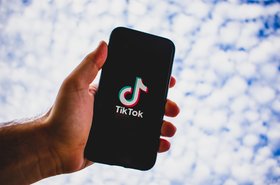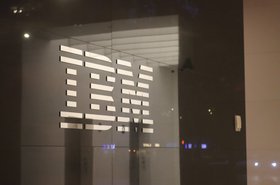The House Commerce Committee voted 50-0 to approve a bill that would force TikTok's Chinese owner to sell the company or lose access to the US.
The bill would still need to pass the House and Senate and be signed into law by President Biden before it could be enforced. If the company then did not sell, it would be dropped from app stores and data center companies would be barred from hosting it in the US.
The Protecting Americans from Foreign Adversary Controlled Applications Act "addresses the immediate national security risks posed by TikTok and establishes a framework for the Executive Branch to protect Americans from future foreign adversary controlled applications," a committee memo claims.
"If an application is determined to be operated by a company controlled by a foreign adversary - like ByteDance, Ltd., which is controlled by the People's Republic of China - the application must be divested from foreign adversary control within 180 days."
In a statement, TikTok said that the bill was "an outright ban of TikTok, no matter how much the authors try to disguise it." The company added: "This legislation will trample the First Amendment rights of 170 million Americans and deprive five million small businesses of a platform they rely on to grow and create jobs."
The social media platform tried to enlist its fans to raise opposition to the bill, with a notification to app users leading to TikTokers flooding the offices of lawmakers with telephone calls.
However, House Commerce Committee Chair Cathy McMorris Rodgers (R-Wash.) claimed that the public outcry showed "how the Chinese Communist Party can weaponize platforms like TikTok to manipulate the American people... This is just a small taste of how the CCP weaponizes applications it controls to manipulate tens of millions of people to further its agenda."
Critics claim that TikTok could share data on US citizens with the Chinese government, an allegation the company denies.
During the previous administration, then-President Trump signed an executive order forcing the sale of TikTok.
Both Microsoft and Oracle bid for its US operations, with Trump favoring the latter company, whose founder and co-CEO both supported his election.
TikTok successfully fought off the executive order in court, but announced that it was moving its US hosting over to Oracle Cloud as part of a 'Project Texas' effort to reassure politicians that data was stored and kept within the country. It immediately became the company's largest single cloud user.
Prior to the move, TikTok was one of Google Cloud's largest customers, and a major leaser of colocation space.







